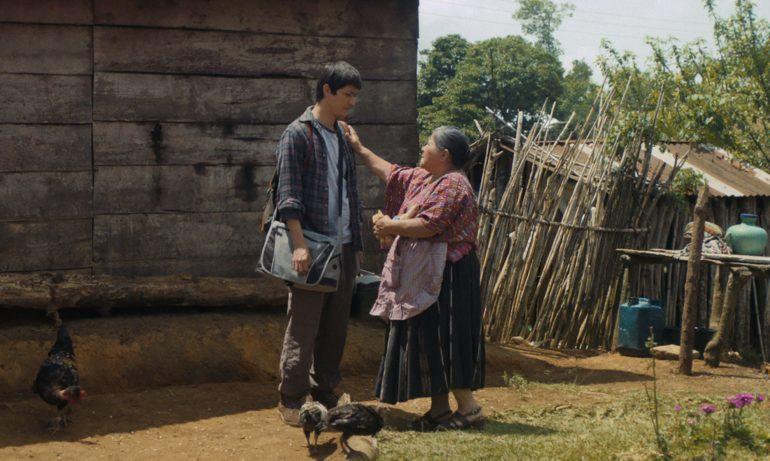Cannes Film Review: ‘Our Mothers’
By Jay Weissberg
LOS ANGELES (Variety.com) – A forensic anthropologist recovering the bones of people killed during Guatemala’s dark civil war believes he may have found his father’s remains in “Our Mothers,” a heartfelt though slight drama whose surprise Camera d’Or win at this year’s Cannes will significantly boost the film’s chances on the fest circuit. César Díaz’s debut may be one of the few fiction features to look at the horrors of the genocide perpetrated by the U.S.-backed military against the indigenous population, but his rudimentary screenplay is so overly didactic that the good intentions are diluted by the formulaic structure and writing. Notwithstanding a few genuinely affecting moments, “Our Mothers” never breaks free from being a standard social-issue movie mostly invested in preaching the cause.
Overworked Ernesto Gonzalez (Armando Espitia, “Heli”) is a forensic anthropologist tasked with identifying the bones of people killed by the right-wing government in the 1980s. Given that most bodies were dumped in unmarked mass graves or secretly buried in municipal cemeteries, the job is time-consuming though rewarding, with each identification (generally through DNA) a means of validating the individual and offering closure to survivors. In many cases, the only way of locating the mass graves is by winning the trust of wary rural indigenous communities who’ve kept the memory of these sites alive even when denied access by authorities.
Ernesto meets Nicolasa (Aurelia Caal), a Mayan woman whose husband was tortured and killed in 1982 for giving food to rebels. Herself a victim of rape by the same soldiers who murdered her husband, she’s hoping the forensics expert will be able to recover bones in a mass grave in the mountains. The case takes on extra meaning when Nicolasa identifies a rebel leader in a photograph with her husband, and Ernesto recognizes the man as his father, one of the thousands of guerilla fighters whose exact fate was never known. Suddenly locating the bones becomes even more compelling given that his mother, Cristina (Emma Dib), is about to testify at a trial of former soldiers involved in the civil war.
The manner in which Díaz generally spoon-feeds information turns “Our Mothers” into a primer on the Guatemalan genocide, and as such might serve a purpose for those who’ve never heard of the atrocities, as well as for survivors moved to see their adversities addressed on screen. The problem is it all feels so formulaic and predictable, down to expected images of dignified peasants set against weathered clapboard homes, accompanied by sentimental piano music. A scene of Ernesto transcribing testimonies rather heavy-handedly introduces other stories, ensuring the scale of the government-sponsored massacres is crystal clear.
As witnesses of the genocide, the Mayan women of Guatemala are the bridge between past and present, repositories of memory and conduits for justice; Díaz is to be commended for emphasizing their ordeals, yet only occasionally does he manage a subtlety otherwise absent in the screenplay: One such instance is near the end, when Ernesto receives important news and the camera maintains a discrete distance down a corridor, temporarily keeping the audience guessing as to the outcome. Another is the way Díaz shoots from above scenes of Ernesto assembling bones on a forensics table, emphasizing the sense of a whole person being revealed through this painstaking labor.

